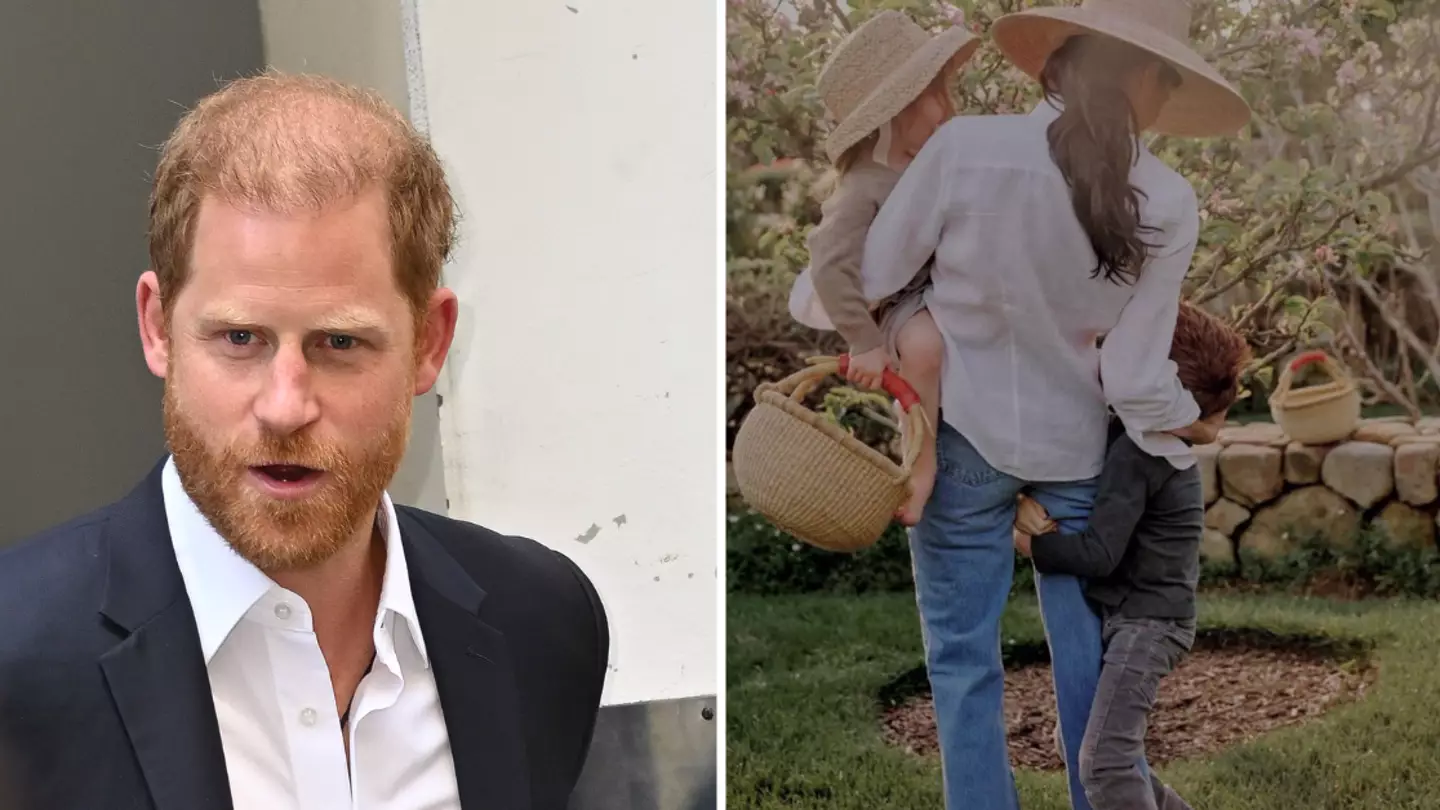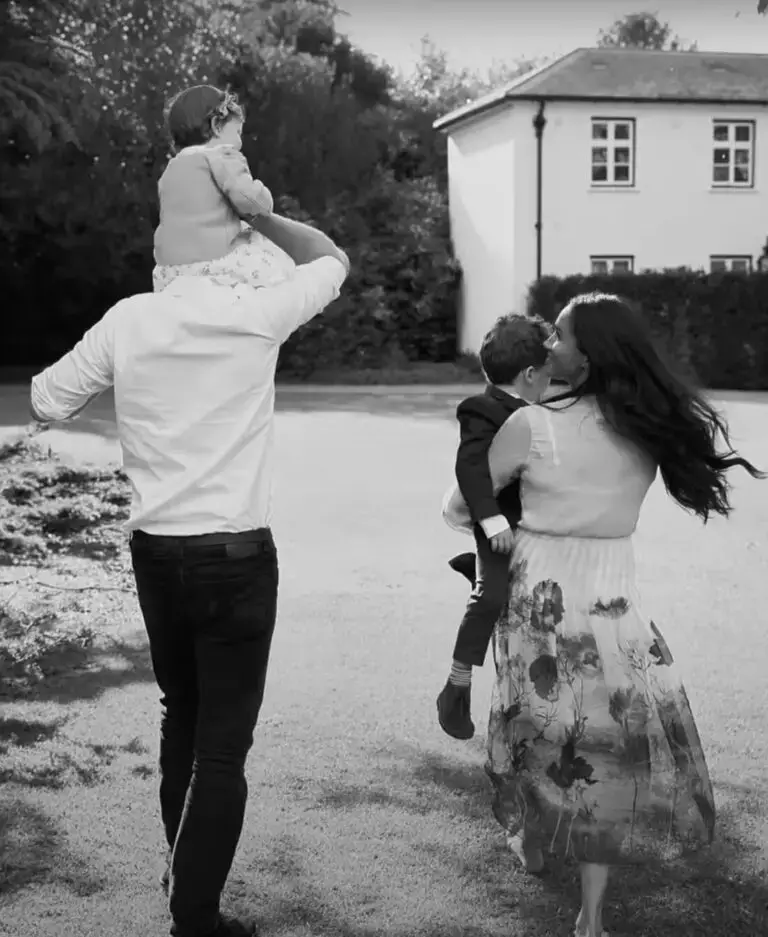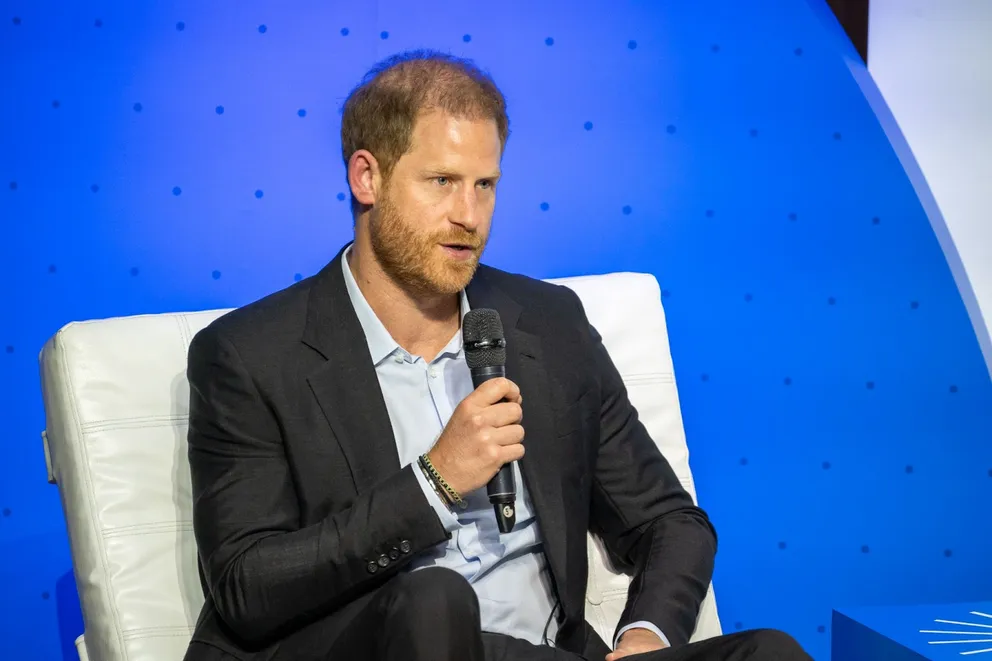Prince Harry, the Duke of Sussex, has been engaged in an ongoing legal dispute with the UK Home Office over the issue of police protection for himself and his family during visits to the United Kingdom. This matter has drawn international attention due to its implications for royal security protocols and the safety of public figures who no longer carry out official royal duties.
In this article, we examine the verified details surrounding Prince Harry’s security case, court decisions, public statements, and the broader implications for royal family security arrangements.
Background: Prince Harry’s Departure and Security Changes
In 2020, Prince Harry and Meghan Markle, the Duke and Duchess of Sussex, announced their decision to step back from their roles as senior working royals. As a result, they no longer receive public funding through the Sovereign Grant and subsequently lost the automatic right to taxpayer-funded Metropolitan Police protection while in the UK.
While the couple privately funds their own security in the United States and during international travel, Prince Harry sought to pay personally for police protection in the UK due to what his legal team describes as “persistent security threats.” This request was denied by the Royal and VIP Executive Committee (RAVEC), prompting the Duke to launch a judicial review of the decision.
“Prince Harry inherited a security risk at birth, for life,” his legal representatives stated in a court filing. “Despite his changed role, his profile as a royal family member and the threats against him have not diminished.”
(Source: BBC, The Guardian)
Legal Outcome: Court of Appeal Rejects Harry’s Case
In February 2024, the UK Court of Appeal ruled against Prince Harry in his case challenging the Home Office decision. The court found that the existing process used by RAVEC to determine eligibility for police protection was lawful and reasonable.
According to reporting by BBC News, the judgment acknowledged the Duke’s concerns but ultimately upheld RAVEC’s position that individuals cannot privately fund state security resources such as police protection.
The judgment reads:
“It would be inappropriate to permit individuals to ‘buy’ police services,” citing the principle that protective security is governed by public interest, not private discretion.
(Source: High Court ruling, Home Office legal filings)
Prince Harry’s Response and Allegations of Royal Influence
Following the judgment, Prince Harry expressed disappointment over the outcome and questioned the neutrality of RAVEC’s decision-making. According to court filings, he raised concerns about the presence of senior members of the Royal Household on the RAVEC committee and their potential influence on the decision.
He has since requested that the Home Secretary investigate any possible undue influence from members of the royal institution regarding his appeal.
However, a government spokesperson clarified to The Mail on Sunday:
“All members of RAVEC work collaboratively to advise the independent chair on the protective security of the Royal Family and other key public figures. These decisions are taken by RAVEC, not the Home Secretary.”
(Source: UK Home Office official statement)
The Impact on Family Visits to the UK
In an interview with the BBC, Prince Harry shared that he currently sees no viable path to safely bringing Meghan, Prince Archie, and Princess Lilibet to the United Kingdom without adequate police protection in place.
“I can’t see a world in which I would be bringing my wife and children back to the UK at this point,” he said. “My worst fears have been confirmed through the legal disclosure in this case, and that’s really sad.”
(Source: BBC interview, March 2024)
He further expressed sadness that his children may miss out on knowing the country of their heritage.
“It’s really quite sad that I won’t be able to show my children my homeland,” he added.
Concerns Over Withheld Information
During the legal proceedings, Prince Harry’s team claimed that certain relevant facts were withheld during the judicial process. While the nature of this alleged information has not been disclosed publicly, Harry’s legal counsel has stated that had it been available during earlier proceedings, it could have influenced the outcome or public understanding of the matter.
These claims have not been substantiated through official court findings, and as of now, there is no confirmed investigation into the handling of evidence in this case.
Broader Context: Royal Security and Public Funding
The case highlights the complexity surrounding publicly funded protection for non-working members of the royal family. According to UK government policy, Metropolitan Police protection is provided based on a range of factors including role, risk profile, and public responsibility.
The Royal and VIP Executive Committee (RAVEC), chaired by an independent senior civil servant, oversees these decisions in consultation with representatives from the police, the Home Office, and security services. Membership may include individuals familiar with royal operations, but final decisions rest with the committee and not any one stakeholder.
The Metropolitan Police has repeatedly stated that security arrangements are non-negotiable and not subject to private contracts or payments, to avoid setting precedent or compromising operational integrity.
(Source: UK Parliament briefings on royal security)
:max_bytes(150000):strip_icc():focal(697x219:699x221)/prince-harry-high-court-06-040825-f7240229d03a4b6f8e7325abb208e117.jpg)
Public and Media Reactions
The case has sparked mixed reactions. Some observers sympathize with Prince Harry’s desire to protect his family while fulfilling charitable obligations in the UK. Others support the Home Office’s stance, noting that security must remain a publicly managed resource, not a privately funded service.
Media coverage by outlets such as The Guardian, Reuters, and Sky News has focused on the legal and constitutional implications of the case, steering clear of personal speculation or unverified allegations.
What’s Next for Prince Harry?
Prince Harry continues to reside in California with his wife and children and remains active in philanthropic initiatives through Archewell Foundation. While the court’s ruling stands, legal experts suggest that the Duke could request future reviews if new circumstances or threats arise, although a successful reversal would require significant new evidence.
For now, it appears that visits to the UK with his family will remain limited, unless private security arrangements are deemed sufficient or government policy shifts.

Conclusion: A Legal Dispute with Broader Implications
Prince Harry’s legal battle over security is not just a personal matter—it reflects broader questions about public safety policy, entitlement to state protection, and the evolving role of modern royal figures.
While the court has ruled, the public conversation continues. For Prince Harry, the case underscores his commitment to his family’s safety and his complex relationship with the institution he was born into.
As this story develops, it remains essential to rely on verified facts, official statements, and court documentation—ensuring a respectful and accurate understanding of the issues at hand.
Verified Sources:
- BBC News – Prince Harry Police Protection Case
- The Guardian – UK Royal Security Protocol
- UK Government – Home Office Statements
- Sky News – Royal Family and RAVEC Decisions
- High Court UK – Judicial Review Summary




